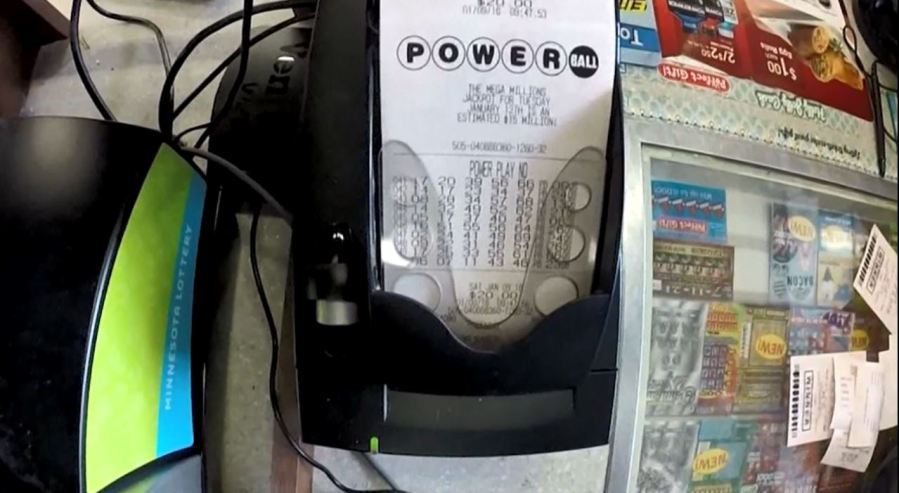PORTLAND, Ore. (KOIN) — The Oregon Lottery is the state’s second-largest source of revenue. Most of that money comes from casino-style video games. But, with bars and taverns shut down due to the coronavirus pandemic, so is video gaming.
“I don’t believe that when the lottery began in the mid-80s that they had any idea that it could be what it is today. Over the last 13 or 14 years, the lottery has been over a billion dollars in sales,” said Chuck Baumann of Oregon Lottery.
That’s a billion dollars—every year.
“We’re pretty used to having $19-20 million weeks, just with video lottery alone,” said Baumann.

Video games are 70% of lottery revenue, revenue that puts $700 million into the state budget annually. Now, 12,000 video terminals across the state are idle.
“So, yes, having bars and taverns not open not only hurts those retailers and the folks who are involved in working at those places, but the lottery also feels the pain too,” said Baumann.
A recession led voters to approve the lottery in 1984. The first scratch-it games came in 1985, then video poker in 1992, and line games in 2005. Despite objections from some sports leagues, the lottery has offered sports betting over the years, including the recently-launched Scoreboard, though most sports are sidelined by coronavirus concerns.
“You know, there’s table tennis from Russia that you can bet on,” offered Baumann.
Initially, voters designated all lottery proceeds to economic development.
“Over the course of time, we’ve added public schools, we’ve added state parks—and when I say we—Oregon voters have done that,” said Baumann.

It also supports veterans’ services and outdoor school.
Megabucks, Powerball, and other games are keeping the lottery going, but getting video lottery back will help Oregon’s recovery once the coronavirus is behind us.
“It would be just as simple as turning the switch on,” said Baumann.
The lottery has contributed nearly $12 billion to Oregon’s economy since it began in 1984. One percent of lottery revenue—roughly $11 million a year—is dedicated to problem gambling education and treatment.